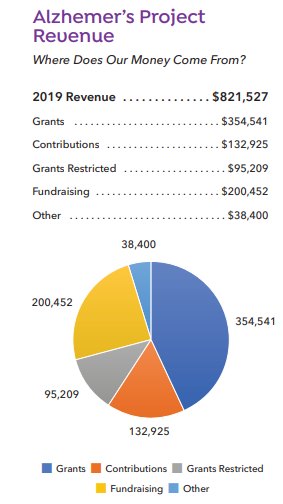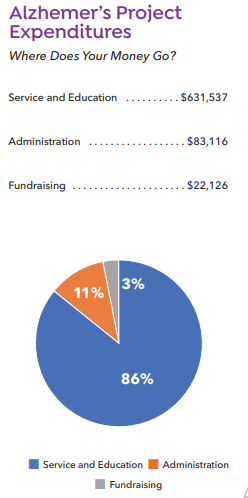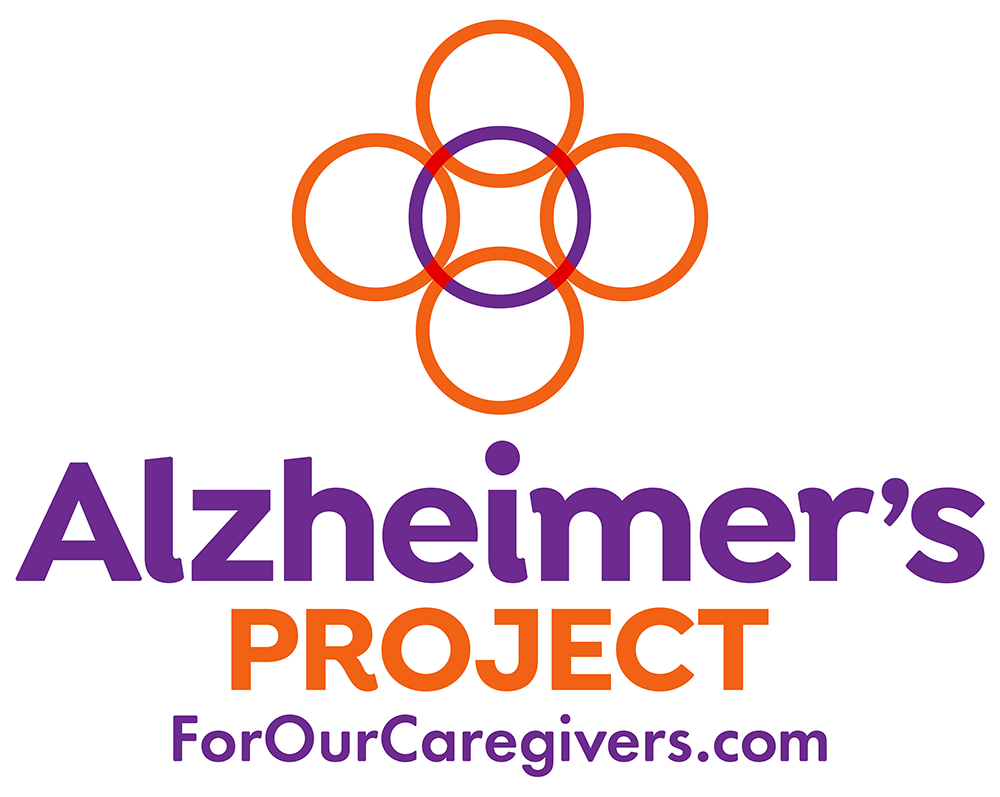Alzheimer’s Project- The Reality of Alzheimer’s Disease (April 2021)
Issue Seven- April 2021:
By Mercedes Barreto

The Alzheimer’s Project strives to ensure no caregiver or person living with dementia walks alone. Founded in 1991, Alzheimer’s Project is a primary resource in the Big Bend Area providing comfort, support, and assistance to persons with a memory disorder and their caregivers.
What is it like, both in your perspective and in the families of those affected, in that first time it is clear, a family member has Alzheimer’s disease?
“From our perspective, it’s an opportunity to help walk with that family on the journey of living with Alzheimer’s. For the family, it is a lot of things. It’s an explanation or validation of their recognition that something wasn’t right. It is also very scary because they don’t know what they don’t know. That is when we are at our best when we can help them understand a diagnosis and give them some security that they aren’t alone. Alzheimer’s, dementia, and other related diseases affect people differently. People don’t move through the stages at the same rate. That is really the toughest part of being a caregiver. You really can’t anticipate the ‘when’ of it. You just always pray for ‘good days’.”
What are the measures one must take in healthy habits to most possibly avoid the earlier onset of this disease? Why should the younger generations consider it?
“While there is no definitive way to prevent Alzheimer’s Disease, the best way to reduce risk is by being healthy. Eating right, exercising, and being socially engaged are all good habits. Keeping mentally active is important too. Other factors that contribute to dementia and Alzheimer’s are genetics and head trauma. We at Alzheimer’s Project focus on caring for caregivers and those living with the disease. For research around prevention and delaying, our friends at the Alzheimer’s Association (alz.org) and the Alzheimer’s Foundation of America (afa.org) are great resources of research.”
If one has a family relative with the disease, or potentially carrying the disease, what should they do, and how can ‘The Alzheimer’s Project’, lend a very helping hand?
“We can help with education, including explaining the disease, how to be a caregiver, what to expect as the disease progresses. We also offer support groups for caregivers and respite care which allows the caregivers to get a break to take care of themselves. The caregiver role is often overlooked when we think about people living with Alzheimer’s. It is a 24 hour a day job. Often it is a spouse or loved one or a combination that has this role. There are no days off. That’s why respite care is so important. The caregivers need a break. The mental strain and stress can be overwhelming. There are several studies in the effects on caregivers and they are devastating.”

Has COVID had a meaningful and overall important impact on the hospitalization of those with Alzheimer’s?
“It has. Like any other chronic disease, Alzheimer’s and dementia can affect multiple areas, so it makes you more susceptible to illness. The collateral effects of COVID are impactful too. Not being able to see anyone means isolation and the potential for depression, which is not helpful. Additionally, not being able to attend respite or have things like music therapy can speed up cognitive decline. We worked extremely hard to figure out how to creatively deliver services during the pandemic. We made activity bags for our clients so they could engage mentally. We did virtual bingo games and sing-alongs. As things progressed and people were willing we did in-home respite care. We are now starting to open our respite rooms again. We also did a lot of telephone counseling and reassurance for caregivers. This was extremely difficult for them.”
If someone believes that there is no other way to fight against the ultimate concluding results of Alzheimer’s disease, how can your organization try and tend to alleviate that notion?
“Except me, our entire professional staff are Social Workers. They are trained to help people work through situations like that. Because the person living with the disease has a neurological impairment, it is not easy to determine their level of “fight”. That too is something that falls on the caregiver. Is/Are thecaregiver/s keeping the person living with the disease on a good diet and a schedule? Are they doing things like puzzles and interactive activities with them? Those are things that help both of them.”
Anything you might add?
“It is important to note that we are local to Tallahassee and the 11 counties that make up the Big Bend area of Florida. We are providing front-line services to caregivers and those with Alzheimer’s and dementia-related illnesses in those 11 counties. We do not charge for our services and work hard to raise money each year to keep it that way.
We also offer programs to help with wandering and elopement which are common in people living with Alzheimer’s and Dementia.”

(adsbygoogle = window.adsbygoogle || []).push({});
ManualMagazines.com
This website uses cookies to provide you with the best browsing experience.
